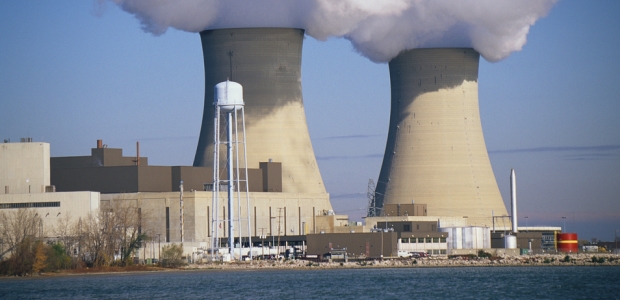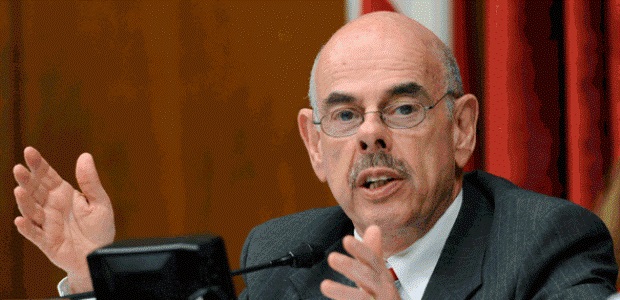The association notes that the FBI, the Department of Homeland Security, and the National Intelligence Agency agree cybersecurity is the top threat facing business and critical infrastructure in the United States.

The Potomac Water Filtration Plant has been sued for dumping more than 30 million pounds of sediment and aluminum into the Potomac River and the Chesapeake Bay over a four-year period.
A break occurred Feb. 2 in a 48-inch stormwater pipe beneath an ash basin at a retired coal plant in Eden, N.C., releasing at least 50,000 tons of ash to the Dan River, the company estimates.
Most of the $63 million paid to the U.S. government under the company's bankruptcy reorganization plan is going to fund the cleanups in 21 states.

As people and corporations alike are becoming more environmentally conscious with each passing year, businesses around the globe are finding ways their stores can leave less of a carbon footprint.
Two companies with existing terminals located on the Houston Ship Channel have filed letters of intent and Waterways Suitability Assessments for their planned Liquefied Hazardous Gas facility expansions.

The agency's standards for nuclear power operations date to 1977 and are the earliest radiation rules it has developed.
Now, more than ever, aquatic ecosystem components continue to be the primary water resource targeted for development.
Arkansas becomes the 23rd state to confirm the deadly disease in bats.

Ranking Democrat on the U.S. House Committee on Energy and Commerce, he has played a leading role in enacting major environmental and health laws for decades.
In an EIP report, it was found that 395 facilities in six states emit over 10,000 pounds of toxic chemicals each year, but don’t report to the Toxics Release Inventory because of a government loophole.
The council's report says despite knowledge that certain livestock antibiotics were not necessarily safe for human consumption, the FDA allowed their use.
After a water emergency was declared for California less than two weeks ago, ranchers voice their concern over the impacts the drought will have on their livestock and crops if the water shortage continues for much longer.

The Pacific Coast Action Plan could be an effective blueprint for locally driven climate and energy policy. Will it be implemented in 2014?
- By Hillary Hoffmann, Andrew Minikowski
These field tests will be the first time the electric compact cargo vehicle will be running in North American; the two companies have conducted tests in Japan, Singapore, Brazil, and the UK.
The Jan. 23 fire at the Waste 4 Fuel facility on Cornwall Drive, Orpington, is the 12th at that site since Dec. 3, 2011, according to the London Fire Brigade.
The Luxembourg startup announced "a large customer in Europe" ordered the pilot plant to treat water from oil production and hydraulic fracturing.

As the southern leg of the Keystone XL pipeline starts to flow this week, residents around the route will be using cameras from the Texas Pipeline Watch to monitor and document all activity of the pipeline.

The recent fracking boom may do more harm than good for the climate if the U.S. EPA doesn’t do a better job of regulating methane releases. Even if it does, will cheap natural gas displace cleaner energy options like wind and solar?
- By Patrick Parenteau, David Scott
The Waste Minimization Forum is being stocked with resources to help plants minimize waste and save money through sustainability initiatives, recycling, and lean manufacturing.